As a teacher who has taught Civic Education for many years, Ms. Luong Thi Hien (Albert Einstein Primary, Secondary and High School, Ha Tinh) has devoted a lot of her heart to her subject, because she understands its meaning and importance in shaping students' moral character. She wants to use this subject to nurture students with healthy thoughts and positive life inspiration with the motto: Positive thinking; positive words and positive behavior. The subject of Civic Education aims at a common goal of cultivating students' moral character in parallel with nurturing their life skills. Civic Education (the subject of Ethics at the primary level, the subject of Civic Education at the secondary level, the subject of
Economic and Legal Education at the high school level) plays a key role in helping students form and develop their awareness and behavior as citizens. [caption id="attachment_604931" align="alignnone" width="768"]
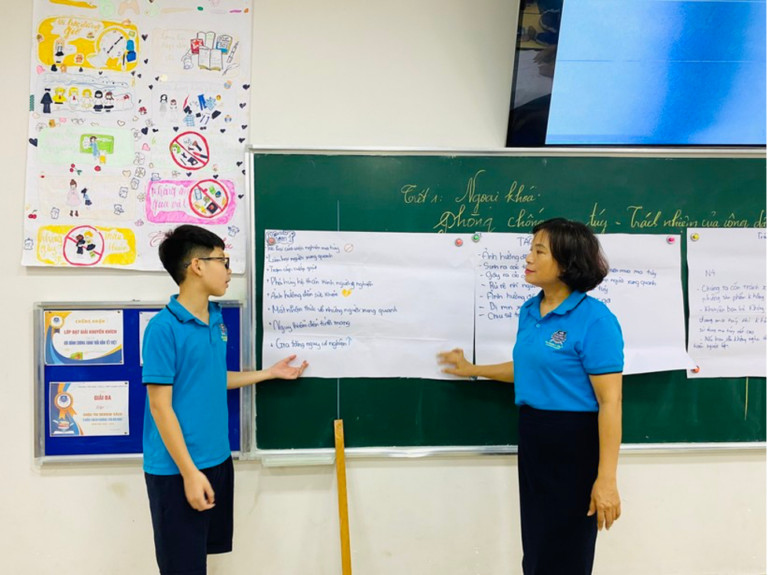
Integrating human rights content into the subject so that students can easily absorb, understand the true nature and practice it. Through lessons on lifestyle, ethics, law, economics, the subject of Civic
Education contributes to nurturing students with the main qualities and core competencies of citizens, especially emotions, beliefs, perceptions, and behaviors in accordance with ethical standards and legal regulations, with life skills and courage to study, work and be ready to fulfill civic responsibilities in the cause of building, defending the Fatherland and international integration. The educational lessons from the pages of civic books will gradually penetrate the soul, transforming students to train themselves with good qualities. I often tell my students the words of the late Professor Van Nhu Cuong: "No matter who you are in the future, first of all, you must be decent people!" And I have taken that as the goal of educating my students through each lesson.
Only when you “love” will you “like” the knowledge of Civic Education is not as difficult as some other subjects. With Civic Education, it is not difficult to teach students to understand, but it must be taught in a way that students “absorb”. Students must absorb moral stories, legal stories so that they can take them as lessons for themselves. Students must be taught to be moved by good behavior, to hate bad things, evil things, to live tolerantly, to care, sympathize and share. Live with filial piety, gratitude… Teach students to be happy with the happiness of others. To feel pain with the pain of others, not to be indifferent to everyone. To achieve that goal, we need to really invest our heart into each hour of Civic Education to make the lesson lively, not boring, to attract students’ attention to learning. Because Civic Education is considered by many teachers and parents as a minor subject, some even say: It is the most minor subject among minor subjects. This way of thinking has somewhat affected students' attitudes towards this subject. For them, this is a dry subject, not very attractive, the knowledge is easy... so most of them often have a superficial attitude when studying. [caption id="attachment_604938" align="alignnone" width="768"]

It is from the knowledge of books, real-life examples... that students will understand human rights correctly to have more standard behavior.[/caption] Grasping that psychology of students, I was determined to turn my civics lessons into the most favorite lessons for them. Only when they "love" will they "like" it; only then can they effectively perceive and receive the lessons of being human summarized in each page of the book. They must be able to transform each lesson unit into their real life through practical daily actions. To teach Civics most effectively, I always update information that is practical in life. Real-life connection is a method of creating favorable conditions for students to think about real-life issues related to the lesson content, through information, images, events, real-life legal stories, current events, practical issues, pressing issues in society to analyze, compare, and illustrate the lesson. On that basis, students can express their own attitudes, opinions, and ways of doing things, or compare and contrast with the lesson content to understand more deeply what needs to be learned. Students can also compare and contrast their attitudes and behaviors with the lesson content to reinforce the good aspects, promptly correct mistakes, and adjust their behaviors. Just like that, they have trained their life skills through experiences from the stories. To make the lessons more lively, in addition to the data in the textbooks that have been carefully and effectively selected by the compilers, I also use pictures and
videos with content related to the lessons to illustrate so that students can easily absorb the lessons. And especially more effectively, I have applied active teaching methods and techniques in the lessons so that students do not get bored when they think that civics lessons are only dogmatic and dry. I often let students organize role-playing games to solve real-life situations, and then draw lessons from them. Or let them discuss in groups, summarize lessons by letting them relate to reality to express their own thoughts and arguments about a problem that happens around them, right in their daily lives.
Become good citizens For high school students, I also have experiential activities such as organizing "Mock Trials" with the students writing scripts, role-playing in hypothetical situations similar to reality, related to drug prevention, or school violence to propagate the law to them in the most profound and pervasive way. From the civic lessons in the curriculum of each grade, I have integrated them with lessons on how to be a good person, guiding them in forming their personality on the path of goodness. For example, when teaching the lesson: "Rights and obligations of citizens to work" (Civic Education 9), Ms. Hien had the students summarize the lesson after 2 lessons by having them draw an illustrative diagram expressing their dreams of a future career. She told them that when they grow up, they can do whatever job they want, but they must attach the word "Good" to it. To be a doctor, you must be a good doctor. To be a teacher, you must be a good teacher; To be a restaurant owner, one must be a good restaurant owner; to be a farmer, one must be a good farmer... With the keyword "Good", students must think about drawing the next branches of the diagram: What kind of doctor is a good doctor; What qualities must a good teacher have?... But the most fun and meaningful are the lessons from the pages of the book, she has transformed the students' souls. My Civic Education homework is not only exercises in the textbook, I also give many practical application exercises in daily life. Ms. Hien encourages students to have a notebook called: "Practice notebook" to record the good things they have done, from small daily tasks in the family to tasks in the classroom or community. The purpose is to train students in good daily habits. Many students at home tell her about good things they have done, such as knowing how to help others, knowing how to take care of grandparents when they return to the countryside. A child told me that yesterday a beggar came into my neighborhood. I was playing on the street, I guessed that she would come into my house, so I ran home, opened the door, took a bag of rice and 10 thousand dong, sat and waited for her to come in, then gave it to her with both hands as the teacher told me. A child told me: Yesterday was my birthday, I told my mother: Today, my birthday, the first person I thank is my mother. I thank my mother because on this day 12 years ago, she endured so much pain to give birth to me, and then took care of me to be who I am today. I am very grateful to my mother. I love you, Mom! She told me that after she finished speaking, my mother hugged me, then kissed me on the cheek a lot. And my mother cried, teacher. Or there were students who stopped on their way home from school and saw garbage blocking the drain, so they stopped to dig up the garbage and throw it away to clear the drain. After listening, I let them read stories about good habits of people, small actions that show good character. Such changes in the students make me very happy. And I am even happier when I see them excited and love the Civic Education lessons more. That has given me more motivation to invest more in each lesson. I feel happy and joyful because I have done meaningful things for life. Fulfilling the mission of the noble teaching profession.
 Integrating human rights content into the subject so that students can easily absorb, understand the true nature and practice it. Through lessons on lifestyle, ethics, law, economics, the subject of CivicEducation contributes to nurturing students with the main qualities and core competencies of citizens, especially emotions, beliefs, perceptions, and behaviors in accordance with ethical standards and legal regulations, with life skills and courage to study, work and be ready to fulfill civic responsibilities in the cause of building, defending the Fatherland and international integration. The educational lessons from the pages of civic books will gradually penetrate the soul, transforming students to train themselves with good qualities. I often tell my students the words of the late Professor Van Nhu Cuong: "No matter who you are in the future, first of all, you must be decent people!" And I have taken that as the goal of educating my students through each lesson. Only when you “love” will you “like” the knowledge of Civic Education is not as difficult as some other subjects. With Civic Education, it is not difficult to teach students to understand, but it must be taught in a way that students “absorb”. Students must absorb moral stories, legal stories so that they can take them as lessons for themselves. Students must be taught to be moved by good behavior, to hate bad things, evil things, to live tolerantly, to care, sympathize and share. Live with filial piety, gratitude… Teach students to be happy with the happiness of others. To feel pain with the pain of others, not to be indifferent to everyone. To achieve that goal, we need to really invest our heart into each hour of Civic Education to make the lesson lively, not boring, to attract students’ attention to learning. Because Civic Education is considered by many teachers and parents as a minor subject, some even say: It is the most minor subject among minor subjects. This way of thinking has somewhat affected students' attitudes towards this subject. For them, this is a dry subject, not very attractive, the knowledge is easy... so most of them often have a superficial attitude when studying. [caption id="attachment_604938" align="alignnone" width="768"]
Integrating human rights content into the subject so that students can easily absorb, understand the true nature and practice it. Through lessons on lifestyle, ethics, law, economics, the subject of CivicEducation contributes to nurturing students with the main qualities and core competencies of citizens, especially emotions, beliefs, perceptions, and behaviors in accordance with ethical standards and legal regulations, with life skills and courage to study, work and be ready to fulfill civic responsibilities in the cause of building, defending the Fatherland and international integration. The educational lessons from the pages of civic books will gradually penetrate the soul, transforming students to train themselves with good qualities. I often tell my students the words of the late Professor Van Nhu Cuong: "No matter who you are in the future, first of all, you must be decent people!" And I have taken that as the goal of educating my students through each lesson. Only when you “love” will you “like” the knowledge of Civic Education is not as difficult as some other subjects. With Civic Education, it is not difficult to teach students to understand, but it must be taught in a way that students “absorb”. Students must absorb moral stories, legal stories so that they can take them as lessons for themselves. Students must be taught to be moved by good behavior, to hate bad things, evil things, to live tolerantly, to care, sympathize and share. Live with filial piety, gratitude… Teach students to be happy with the happiness of others. To feel pain with the pain of others, not to be indifferent to everyone. To achieve that goal, we need to really invest our heart into each hour of Civic Education to make the lesson lively, not boring, to attract students’ attention to learning. Because Civic Education is considered by many teachers and parents as a minor subject, some even say: It is the most minor subject among minor subjects. This way of thinking has somewhat affected students' attitudes towards this subject. For them, this is a dry subject, not very attractive, the knowledge is easy... so most of them often have a superficial attitude when studying. [caption id="attachment_604938" align="alignnone" width="768"]  It is from the knowledge of books, real-life examples... that students will understand human rights correctly to have more standard behavior.[/caption] Grasping that psychology of students, I was determined to turn my civics lessons into the most favorite lessons for them. Only when they "love" will they "like" it; only then can they effectively perceive and receive the lessons of being human summarized in each page of the book. They must be able to transform each lesson unit into their real life through practical daily actions. To teach Civics most effectively, I always update information that is practical in life. Real-life connection is a method of creating favorable conditions for students to think about real-life issues related to the lesson content, through information, images, events, real-life legal stories, current events, practical issues, pressing issues in society to analyze, compare, and illustrate the lesson. On that basis, students can express their own attitudes, opinions, and ways of doing things, or compare and contrast with the lesson content to understand more deeply what needs to be learned. Students can also compare and contrast their attitudes and behaviors with the lesson content to reinforce the good aspects, promptly correct mistakes, and adjust their behaviors. Just like that, they have trained their life skills through experiences from the stories. To make the lessons more lively, in addition to the data in the textbooks that have been carefully and effectively selected by the compilers, I also use pictures and videos with content related to the lessons to illustrate so that students can easily absorb the lessons. And especially more effectively, I have applied active teaching methods and techniques in the lessons so that students do not get bored when they think that civics lessons are only dogmatic and dry. I often let students organize role-playing games to solve real-life situations, and then draw lessons from them. Or let them discuss in groups, summarize lessons by letting them relate to reality to express their own thoughts and arguments about a problem that happens around them, right in their daily lives. Become good citizens For high school students, I also have experiential activities such as organizing "Mock Trials" with the students writing scripts, role-playing in hypothetical situations similar to reality, related to drug prevention, or school violence to propagate the law to them in the most profound and pervasive way. From the civic lessons in the curriculum of each grade, I have integrated them with lessons on how to be a good person, guiding them in forming their personality on the path of goodness. For example, when teaching the lesson: "Rights and obligations of citizens to work" (Civic Education 9), Ms. Hien had the students summarize the lesson after 2 lessons by having them draw an illustrative diagram expressing their dreams of a future career. She told them that when they grow up, they can do whatever job they want, but they must attach the word "Good" to it. To be a doctor, you must be a good doctor. To be a teacher, you must be a good teacher; To be a restaurant owner, one must be a good restaurant owner; to be a farmer, one must be a good farmer... With the keyword "Good", students must think about drawing the next branches of the diagram: What kind of doctor is a good doctor; What qualities must a good teacher have?... But the most fun and meaningful are the lessons from the pages of the book, she has transformed the students' souls. My Civic Education homework is not only exercises in the textbook, I also give many practical application exercises in daily life. Ms. Hien encourages students to have a notebook called: "Practice notebook" to record the good things they have done, from small daily tasks in the family to tasks in the classroom or community. The purpose is to train students in good daily habits. Many students at home tell her about good things they have done, such as knowing how to help others, knowing how to take care of grandparents when they return to the countryside. A child told me that yesterday a beggar came into my neighborhood. I was playing on the street, I guessed that she would come into my house, so I ran home, opened the door, took a bag of rice and 10 thousand dong, sat and waited for her to come in, then gave it to her with both hands as the teacher told me. A child told me: Yesterday was my birthday, I told my mother: Today, my birthday, the first person I thank is my mother. I thank my mother because on this day 12 years ago, she endured so much pain to give birth to me, and then took care of me to be who I am today. I am very grateful to my mother. I love you, Mom! She told me that after she finished speaking, my mother hugged me, then kissed me on the cheek a lot. And my mother cried, teacher. Or there were students who stopped on their way home from school and saw garbage blocking the drain, so they stopped to dig up the garbage and throw it away to clear the drain. After listening, I let them read stories about good habits of people, small actions that show good character. Such changes in the students make me very happy. And I am even happier when I see them excited and love the Civic Education lessons more. That has given me more motivation to invest more in each lesson. I feel happy and joyful because I have done meaningful things for life. Fulfilling the mission of the noble teaching profession.
It is from the knowledge of books, real-life examples... that students will understand human rights correctly to have more standard behavior.[/caption] Grasping that psychology of students, I was determined to turn my civics lessons into the most favorite lessons for them. Only when they "love" will they "like" it; only then can they effectively perceive and receive the lessons of being human summarized in each page of the book. They must be able to transform each lesson unit into their real life through practical daily actions. To teach Civics most effectively, I always update information that is practical in life. Real-life connection is a method of creating favorable conditions for students to think about real-life issues related to the lesson content, through information, images, events, real-life legal stories, current events, practical issues, pressing issues in society to analyze, compare, and illustrate the lesson. On that basis, students can express their own attitudes, opinions, and ways of doing things, or compare and contrast with the lesson content to understand more deeply what needs to be learned. Students can also compare and contrast their attitudes and behaviors with the lesson content to reinforce the good aspects, promptly correct mistakes, and adjust their behaviors. Just like that, they have trained their life skills through experiences from the stories. To make the lessons more lively, in addition to the data in the textbooks that have been carefully and effectively selected by the compilers, I also use pictures and videos with content related to the lessons to illustrate so that students can easily absorb the lessons. And especially more effectively, I have applied active teaching methods and techniques in the lessons so that students do not get bored when they think that civics lessons are only dogmatic and dry. I often let students organize role-playing games to solve real-life situations, and then draw lessons from them. Or let them discuss in groups, summarize lessons by letting them relate to reality to express their own thoughts and arguments about a problem that happens around them, right in their daily lives. Become good citizens For high school students, I also have experiential activities such as organizing "Mock Trials" with the students writing scripts, role-playing in hypothetical situations similar to reality, related to drug prevention, or school violence to propagate the law to them in the most profound and pervasive way. From the civic lessons in the curriculum of each grade, I have integrated them with lessons on how to be a good person, guiding them in forming their personality on the path of goodness. For example, when teaching the lesson: "Rights and obligations of citizens to work" (Civic Education 9), Ms. Hien had the students summarize the lesson after 2 lessons by having them draw an illustrative diagram expressing their dreams of a future career. She told them that when they grow up, they can do whatever job they want, but they must attach the word "Good" to it. To be a doctor, you must be a good doctor. To be a teacher, you must be a good teacher; To be a restaurant owner, one must be a good restaurant owner; to be a farmer, one must be a good farmer... With the keyword "Good", students must think about drawing the next branches of the diagram: What kind of doctor is a good doctor; What qualities must a good teacher have?... But the most fun and meaningful are the lessons from the pages of the book, she has transformed the students' souls. My Civic Education homework is not only exercises in the textbook, I also give many practical application exercises in daily life. Ms. Hien encourages students to have a notebook called: "Practice notebook" to record the good things they have done, from small daily tasks in the family to tasks in the classroom or community. The purpose is to train students in good daily habits. Many students at home tell her about good things they have done, such as knowing how to help others, knowing how to take care of grandparents when they return to the countryside. A child told me that yesterday a beggar came into my neighborhood. I was playing on the street, I guessed that she would come into my house, so I ran home, opened the door, took a bag of rice and 10 thousand dong, sat and waited for her to come in, then gave it to her with both hands as the teacher told me. A child told me: Yesterday was my birthday, I told my mother: Today, my birthday, the first person I thank is my mother. I thank my mother because on this day 12 years ago, she endured so much pain to give birth to me, and then took care of me to be who I am today. I am very grateful to my mother. I love you, Mom! She told me that after she finished speaking, my mother hugged me, then kissed me on the cheek a lot. And my mother cried, teacher. Or there were students who stopped on their way home from school and saw garbage blocking the drain, so they stopped to dig up the garbage and throw it away to clear the drain. After listening, I let them read stories about good habits of people, small actions that show good character. Such changes in the students make me very happy. And I am even happier when I see them excited and love the Civic Education lessons more. That has given me more motivation to invest more in each lesson. I feel happy and joyful because I have done meaningful things for life. Fulfilling the mission of the noble teaching profession.

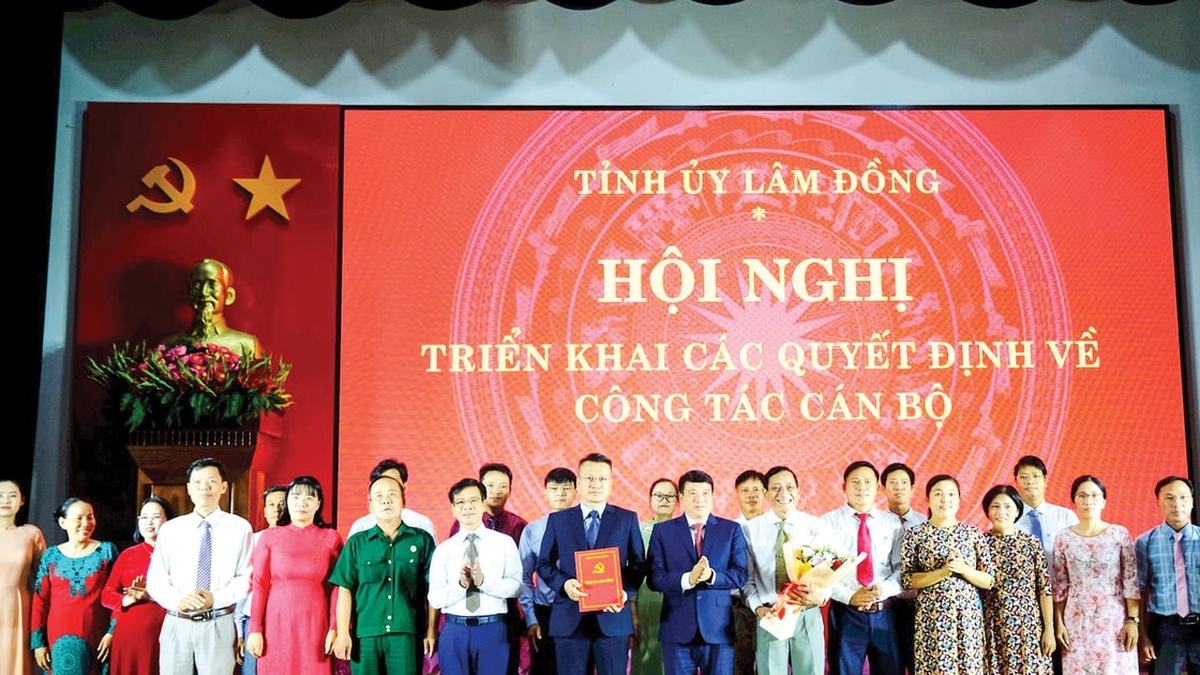
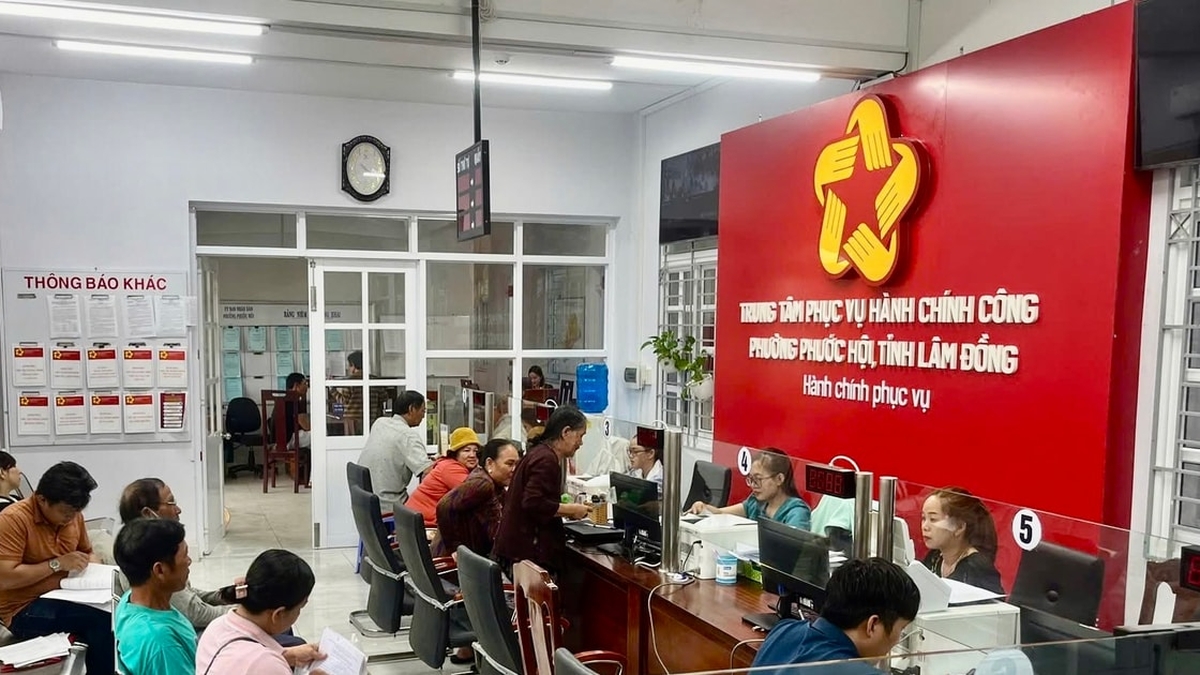

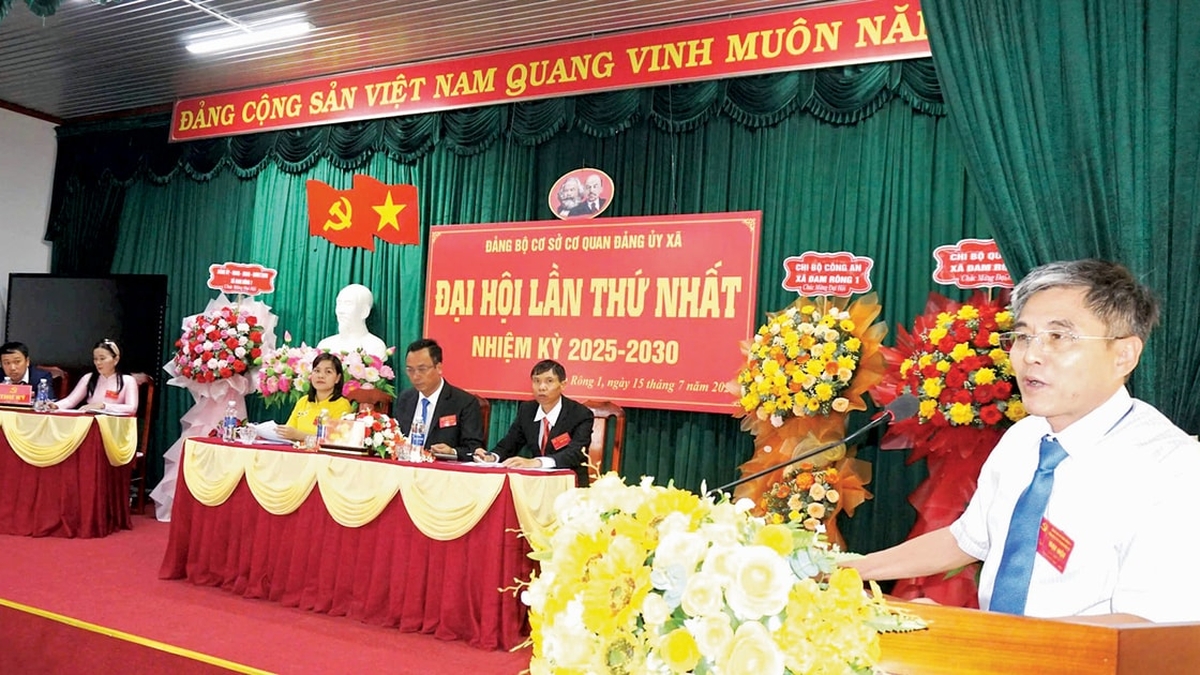

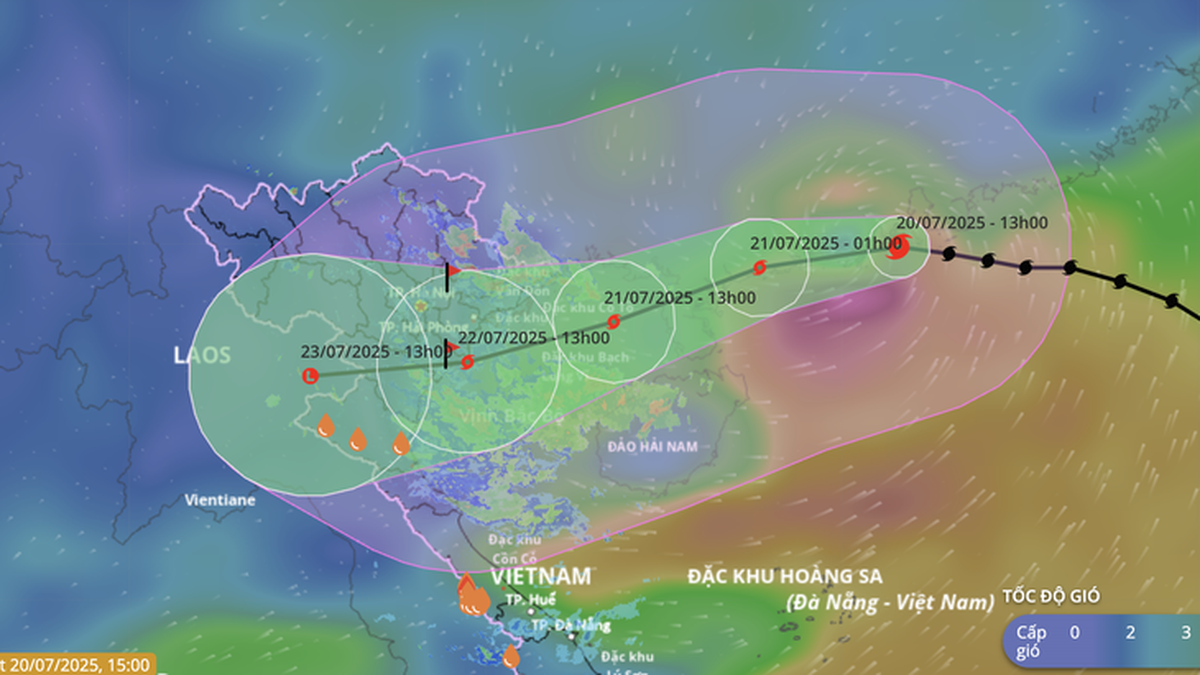
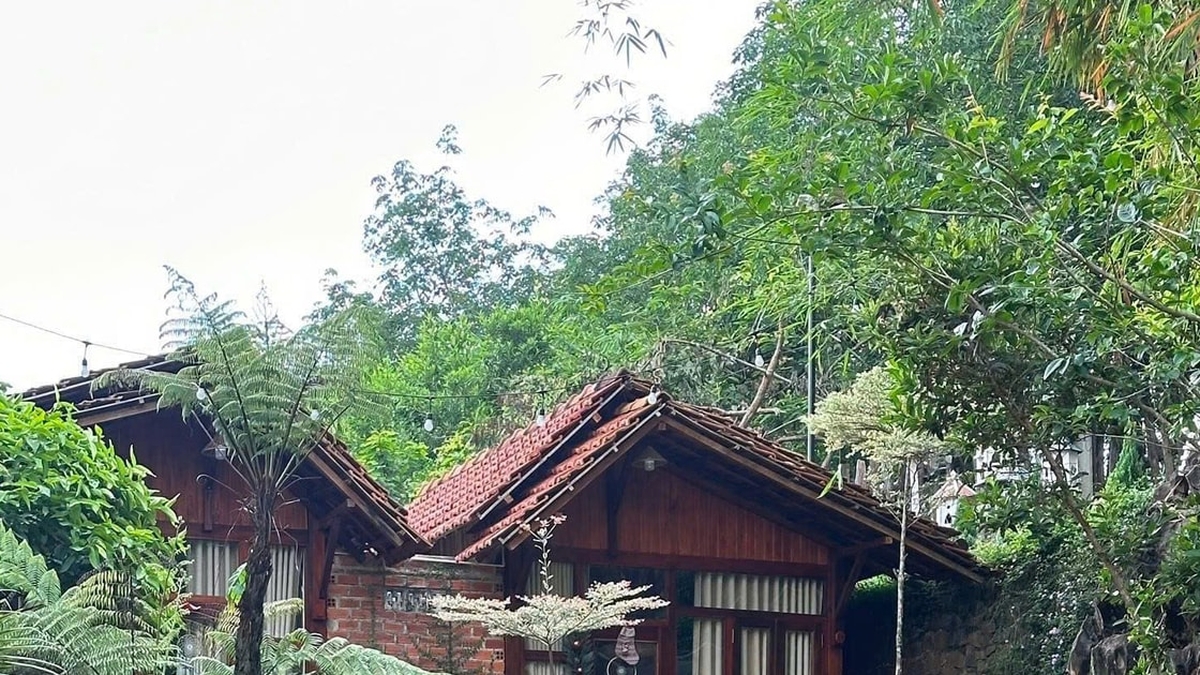
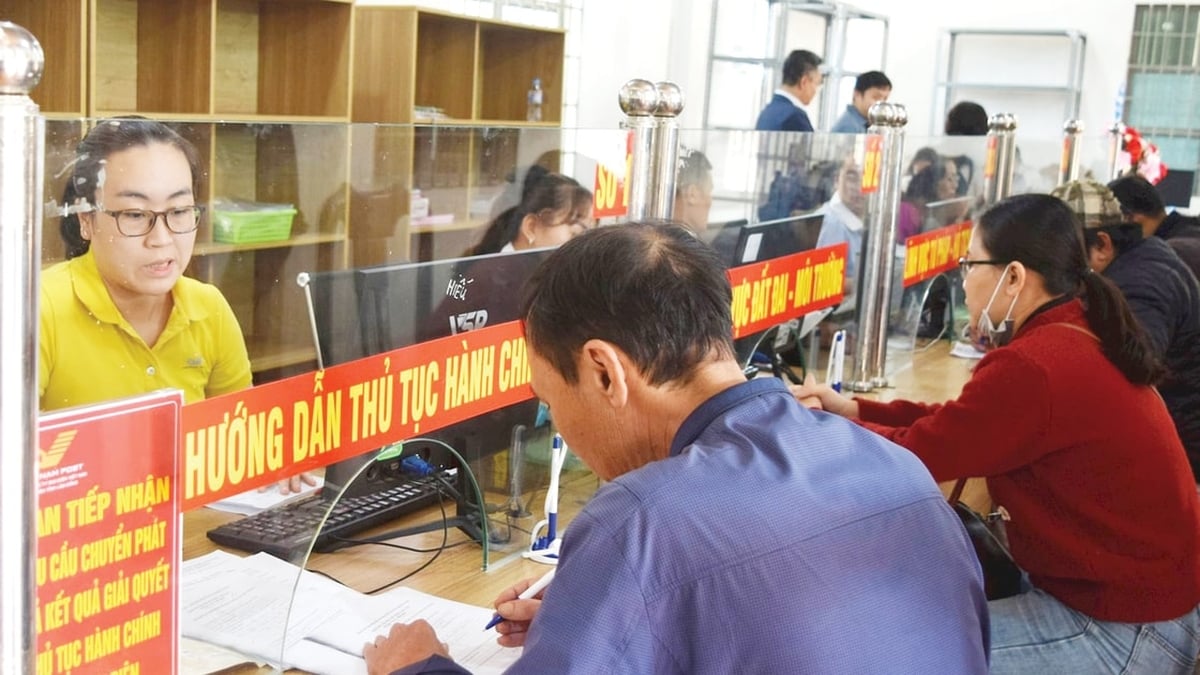

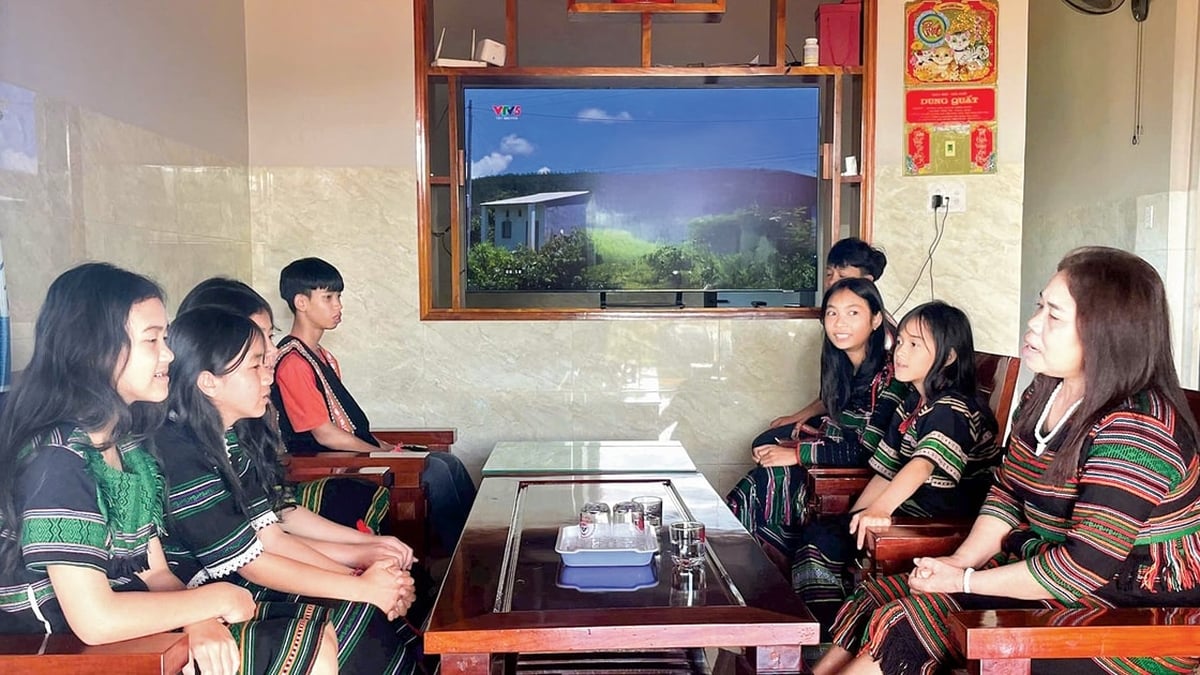

















![[Photo] National Assembly Chairman Tran Thanh Man visits Vietnamese Heroic Mother Ta Thi Tran](https://vphoto.vietnam.vn/thumb/1200x675/vietnam/resource/IMAGE/2025/7/20/765c0bd057dd44ad83ab89fe0255b783)




































































Comment (0)